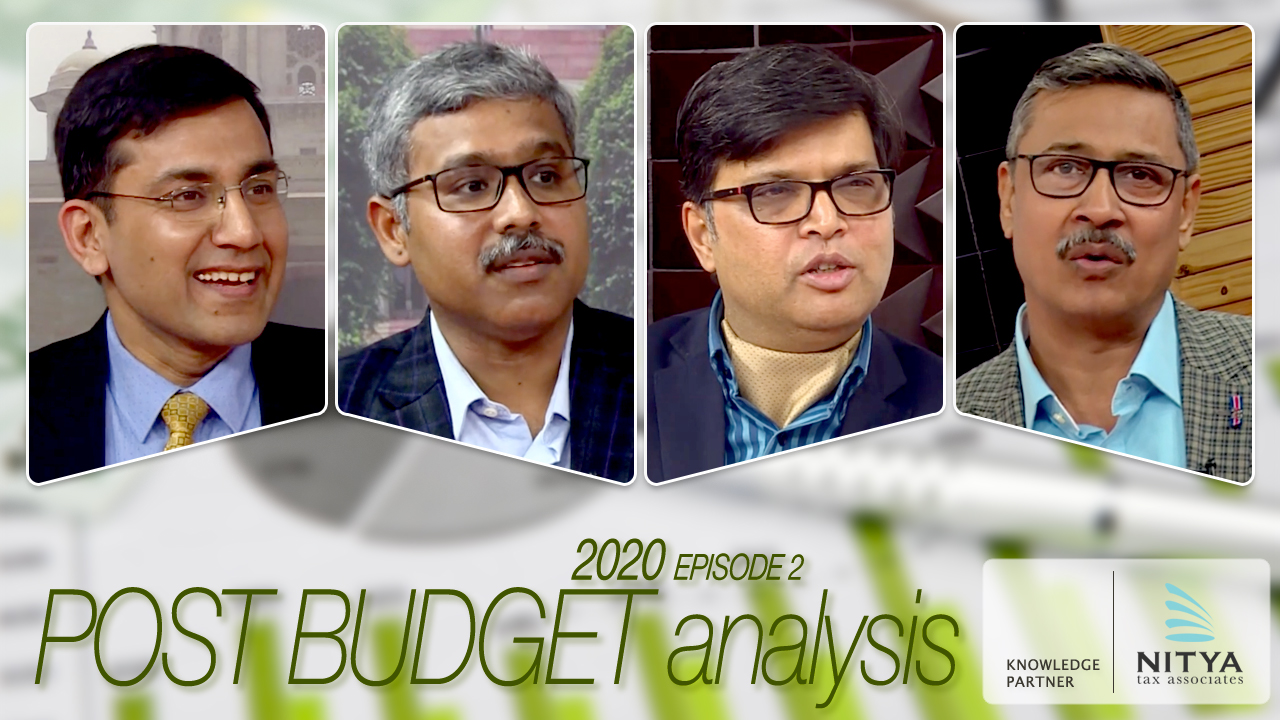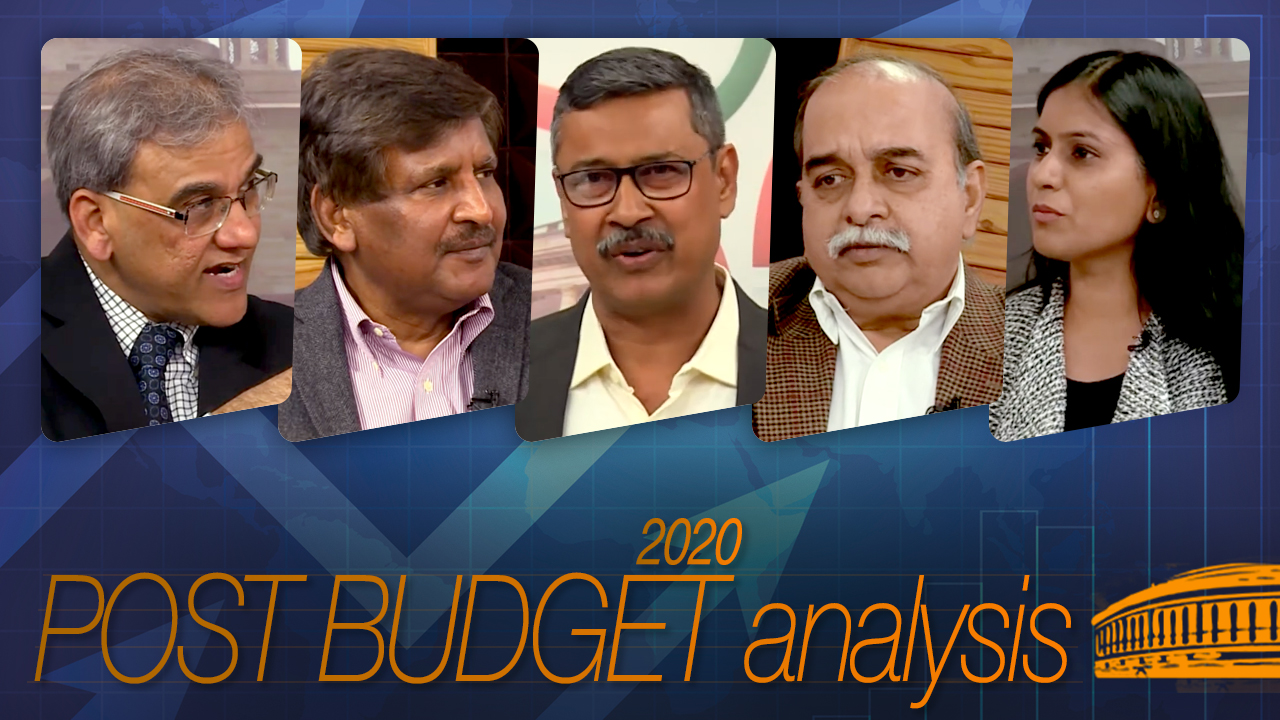| SERVICE TAX
2020-TIOL-370-CESTAT-MUM
ICICI Bank Ltd Vs CCE
ST - The assessee is a private banking company and is engaged in activities falling under head Banking and other financial services as per Section 65(12) of the Finance Act 1994 and which is taxable u/s 65(105)(zm) of the Finance Act 1994 - During the relevant period, the demand arises from the alleged non-payment of tax under Finance Act 1994 on the receipts generated from securitization agreements entered into by the assessee prior to Feb 2006 that continued to subsist during the period of dispute - Securitizaton is the pooling of assets underlying the loans for transfer to Special Purpose Vehicles (SPVs) which is then securitized by the latter as 'pass through certificates' to participant investors who are compensated by returns generated from contracted recoveries, at fixed intervals - Two aspects of the transaction that continue beyond the transfer are the components of the demand raised - The Revenue opined that despite erasure of assets, the assessee receives the collections due from the original borrowers and handles the transfer to the SPV for which a fee, that is the focus of dispute, is charged - Further, the agreements with the SPV incorporates liquidity facility to avoid partial default in transmission of returns to the investors in 'pass through certificates' - Proceedings were initiated against the assessee on grounds that the receipts from the SPVs were not included in the assessable value even though the same constituted consideration that could not be construed as interest on loans which were exempt - Hence the present appeal.
Held: As per the Central Excise Act 1944 and the Customs Act 1962, the assessment provisions, even in the era preceding self-assessment, did exist along with separate provisions for recovery - The authority for recovery did undergo changes as in a certain period, the extended period of limitation could be invoked only by the Collector of Customs/Collector of Central Excise, without impinging upon the existence of either implying, thereby that these mutually exclusive provisions were to be resorted to in the specific circumstances of approval/modification of assessment or of evasion of duty - That in levy of service tax that places emphasis on self-assessment, this approach should not be varied, is apparent from the scrapping of Section 72 of the Finance Act 1994, only for the provision to be restored in 2008 - Hence, neither is the power to re-assess intended to be an alternative for the authority to recover any dues or it is alienable for any taxing statute: CESTAT
Held: There is a bald assertion that cash management was undertaken - Apart from this, the adjudicating authority did not analyse the nature and circumstances in which the contract with SPVs undertook to provide such facility - there is a facility that may be drawn upon by the utilising entity with the ceiling linked to the collectables for the specified period and interest liability arising therefrom - The same is merely an overdraft and attempt to tax the consideration earned by the bank breaches the exemption afforded to interest - Besides, the rationale behind providing such liquidity is to make the derivative issued by the SPVs more attractive to investors ans also enhance the value to be realised by the bank on sale of a securitized asset - Hence it appears that the beneficiary of the facility is not the SPV but the assessee itself - Hence such activity does not qualify as a service, which necessarily must be rendered to another - Hence the duty demand is not sustainable: CESTAT
- Assessee's appeal allowed: MUMBAI CESTAT
CENTRAL EXCISE
2020-TIOL-372-CESTAT-KOL
Tubes And Structurals Vs CCE & ST
CX - The assessee-company manufactures Steel Items namely Steel Cog Stool classifiable under Heading No. 7308.90 of the Schedule to CETA 1985 - In trade parlance, the item was known as TISCOG and was manufactured on specification authorized by TISCO Tata Iron and Steel Company, Jamshedpur - The assessee claimed SSI exemption - The Revenue issued SCNs proposing to deny the same on grounds that certain clauses in the Notfn No 1/93-CE had been contravened as the assessee was using the brand name of M/s TISCO Ltd - Duty demand was raised with interest and penalty - Such proposals in SCN were confirmed on adjudication - Later, the Tribunal set aside the O-i-O - Subsequently, the Apex Court restored the O-i-O insofar as it pertained to imposition of Excise duty and set aside the penalties imposed. Duty demand was confimed and ordered for recovery - On appeal, the Commr.(A) held that the adjudicating authority had already determined the duty of excise and no separate Order is required for payment of interest which is statutorily required to be paid along with duty determined - Hence the present appeal assails the demand for interest.
Held - The issue at hand is that whether the Commr.(A) was justified in demanding interest along with the duty as determined by the Adjudicating authority - The matter went upto the Supreme Court for the demand of duty in respect of the earlier period where the Supreme Court decided the case on merit in favour of the Revenue and set aside the penalties - The provisions of Section 11AB were operative in the relevant period - Section 11AB(1) provides that where any duty of excise has not been levied or paid etc. the person who is liable to pay the duty as determined under Sub-Section (2) or has paid the duty under sub Section (2) of Section 11A shall in addition to the duty, be liable to pay interest - The expressions shall, in addition to the duty, be liable to pay interest in Section 11AB(i) of the Act, 1944 as it stood during the relevant period make it clear that the liability to pay interest is linked with the delayed payment of duty as determined under Section 11A of the Act, 1944 - Hence the O-i-A must be upheld, after analyzing Section 11AB of the Act 1944 as it stood during the relevant period - Besides, the assessee did not raise the issue of raising demand for interest, before the Apex Court - Where the O-i-O had confirmed demand of interest as well, the assessee cannot claim that the Apex Court's order contained no express directions on interest - Hence on this count, the O-i-A merits being sustained: CESTAT
- Assessee's appeal dismissed: KOLKATA CESTAT
CUSTOMS
2020-TIOL-464-HC-MAD-CUS
Davinci Leather Pvt Ltd Vs CC
Cus - The assessee-company, engaged in the export of leather shoes, had filed a shipping bill claiming duty drawback - It stated that such export transaction was eligible for benefit under MEIS scheme notified under the Foreign Trade Policy - At the time of filing the shipping bill, the assessee inadvertently omitted to select YES on the online platform, as an option for availing such benefit - Later, the DGFT advised the assessee to have its shipping bills amended by the Customs Authorities - The assessee then filed application seeking amendment of shipping bill - However, the same was rejected - Hence the present writ.
Held - The issue as to whether inadvertent error of not claiming benefit under MEIS can be fatal to the assessee's claim for amendment of shipping bill, was considered by this court in Pasha International V. Commissioner of Customs, Tuticorin and in Global Calcium Pvt. Ltd. V. Asst. Commissioner where both courts held in favor of the assessee - The error in not stating YES in availment of scheme is inadvertent and so should not come in the way of entitlement on merits - Besides, the benefit under the scheme would be available to the assessee conditional upon verification and acceptance of such claim by the DGFT - Hence the order rejecting request for amendment of shipping bills is quashed: HC
- Writ petition allowed: MADRAS HIGH COURT
2020-TIOL-459-HC-KOL-CUS
Gautam Silks Vs UoI
Cus - The assessee is the transferee of duty free advance licenses held by the importer - The assessee is a bona fide purchaser for value of the license - During the relevant period, the Revenue was held guilty of suppression of facts, for which an SCN was issued u/s 28 of the Customs Act 1962 to the assessee-transferee, invoking extended period of limitation - Duty demand with interest and penalty was imposed in lieu of confiscation of goods - The Tribunal settled against the assessee, who then claimed that the law was settled in favor of the assessee, and that the Tribunal omitted to look into the relevant case laws.
Held: The issue at hand stands settled by the Tribunal in Sumit Wool Processors and Ors. Versus Commissioner of Customs (Import)/(Export) - The Tribunal should have followed this decision and ruled in favor of the assessee, but it did not do so - The law in this regard needs to be elucidated upon - Hence the appeal u/s 130 of the Customs Act is formally admitted - Matter listed for hearing on March 30, 2020: HC
- Case deferred: CALCUTTA HIGH COURT
|








